Volkswagen just took a serious financial hit—$1.5 billion—and they’re pointing the finger squarely at President Trump’s auto tariffs.
In its latest earnings report, VW said tariffs were the main reason its profits dropped by nearly a third in the first six months of 2025. Sales in North America plunged 16%, and the company slashed its full-year forecasts for revenue, profits, and cash flow. It now expects to barely break even on growth.
VW is the latest in a growing list of automakers reeling from the 25% tariffs slapped on imported vehicles back in April, part of the Trump administration’s aggressive trade war aimed at reviving US car production.
The damage so far:
- $1.5 billion lost due to tariffs in H1 2025
- Operating profit fell 30% in Q2
- Forecasts for profit margins cut from 5.5–6.5% to just 4–5%
- North American sales down double digits
“We need to shift our cost efforts into high gear and accelerate implementation,” VW CEO Oliver Blume told investors. “We cannot assume the tariff situation is only temporary.”
That warning comes as negotiations continue between US and EU trade officials over a potential compromise. A similar deal was recently reached with Japan, which brought tariffs down to 15%. VW is hoping for a comparable outcome to avoid even deeper losses in the second half of the year.
Volkswagen’s woes echo across the global auto industry:
- Stellantis (maker of Jeep and Chrysler): $2.7 billion hit
- GM: $1.1 billion in losses
- Tesla: $3 billion revenue drop in Q2
Meanwhile, Volvo took a billion-dollar impairment charge and plans to shift production of some models to South Carolina to dodge the duties.
Tariffs aren’t VW’s only problem. The company is also undergoing a major internal shakeup. It’s slashing 35,000 jobs in Germany and halving domestic production as part of a broader restructuring strategy.
While EV sales are up—VW delivered 465,500 electric cars in the first half of 2025, up 47%—those models are less profitable and more expensive to build. Combined with the cost of tariffs and restructuring, it’s creating a perfect storm for Volkswagen’s bottom line.
“It’s a mixed picture,” said VW CFO Arno Antlitz. “We’re gaining momentum in Europe, but the tariffs and rising costs are tough to manage.”
VW is now lobbying both the EU and US for a “balanced” trade deal—and fast. If no agreement is reached, the US could raise tariffs on EU cars to 30% starting August 1, which could send costs skyrocketing.
In the meantime, VW is eyeing more US-based production—including potentially shifting some Audi manufacturing stateside to soften the blow.
ABC News, Reuters, the Wall Street Journal, the Financial Times, and the New York Times contributed to this report.
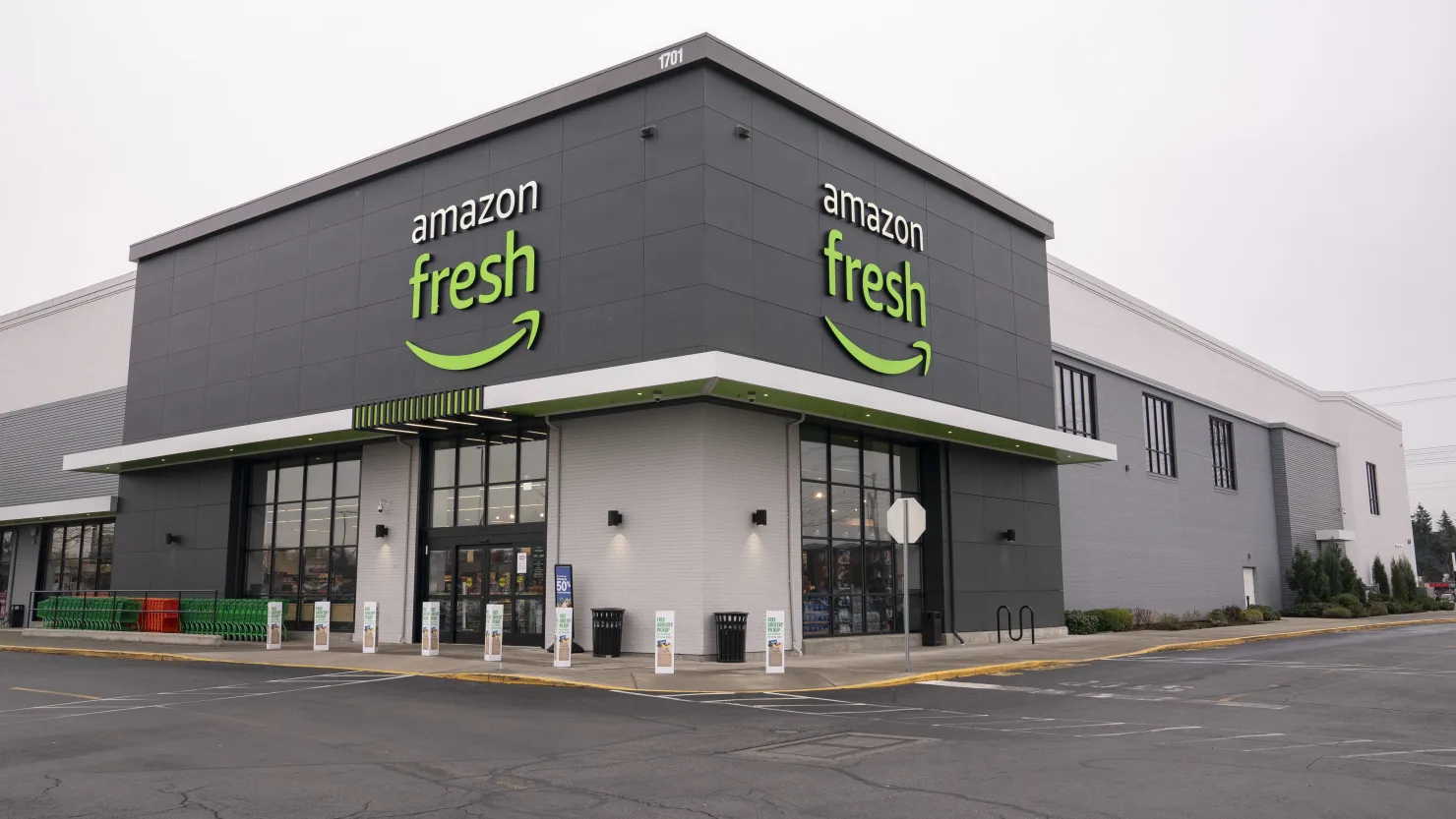
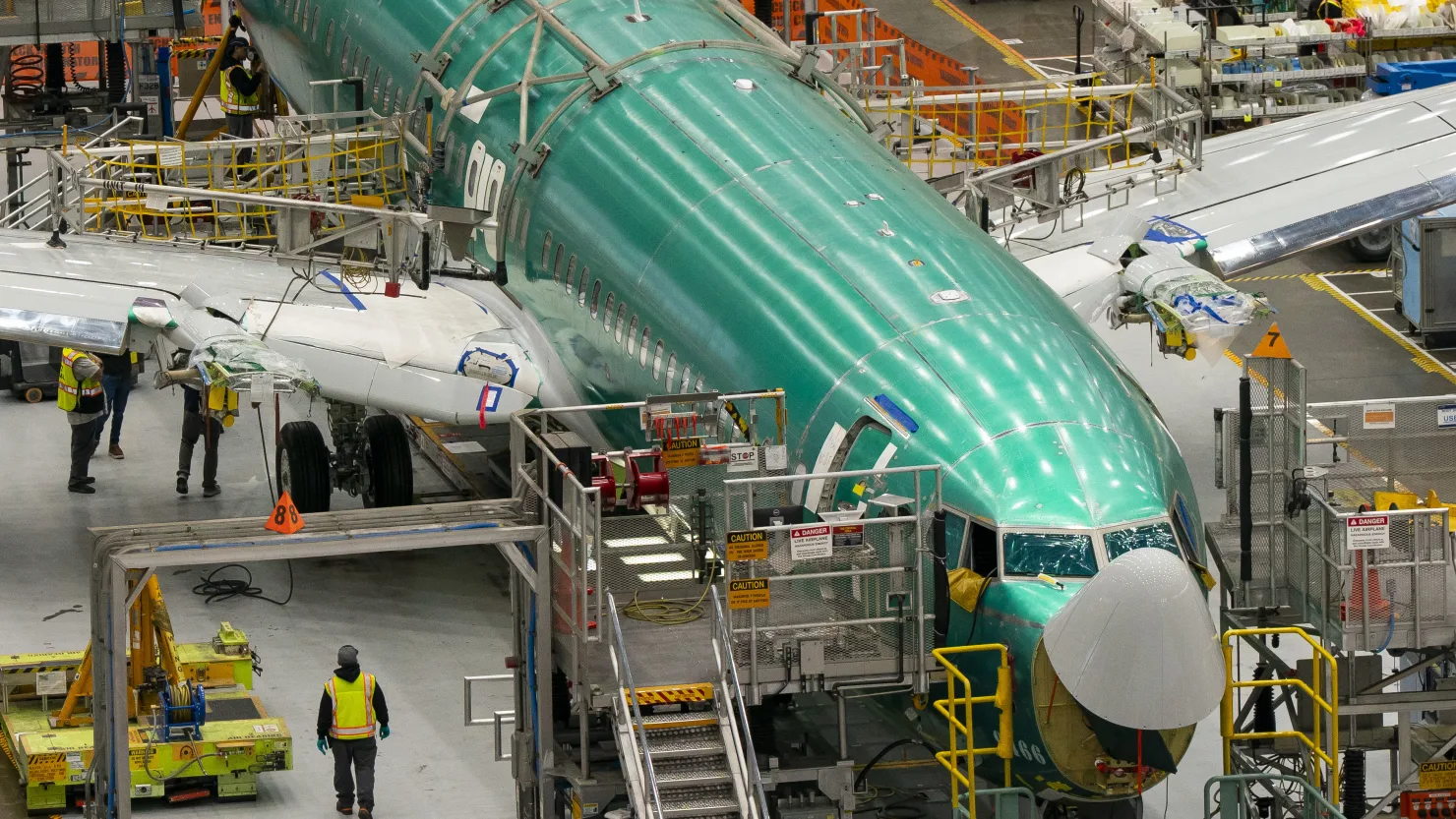
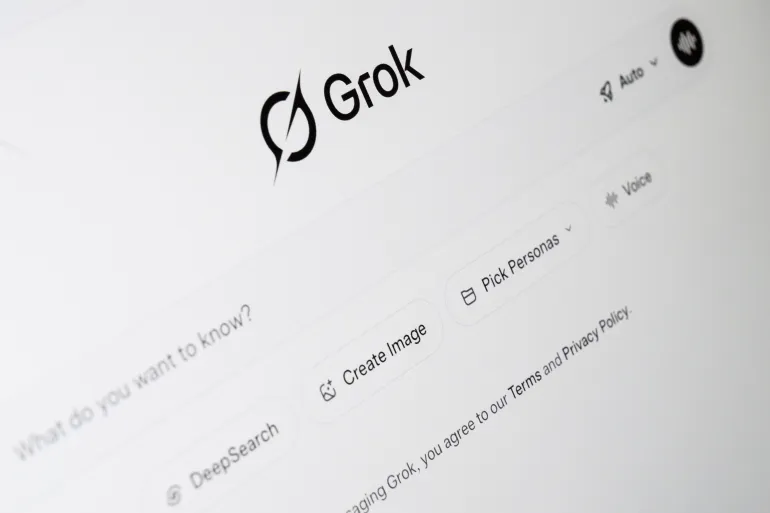
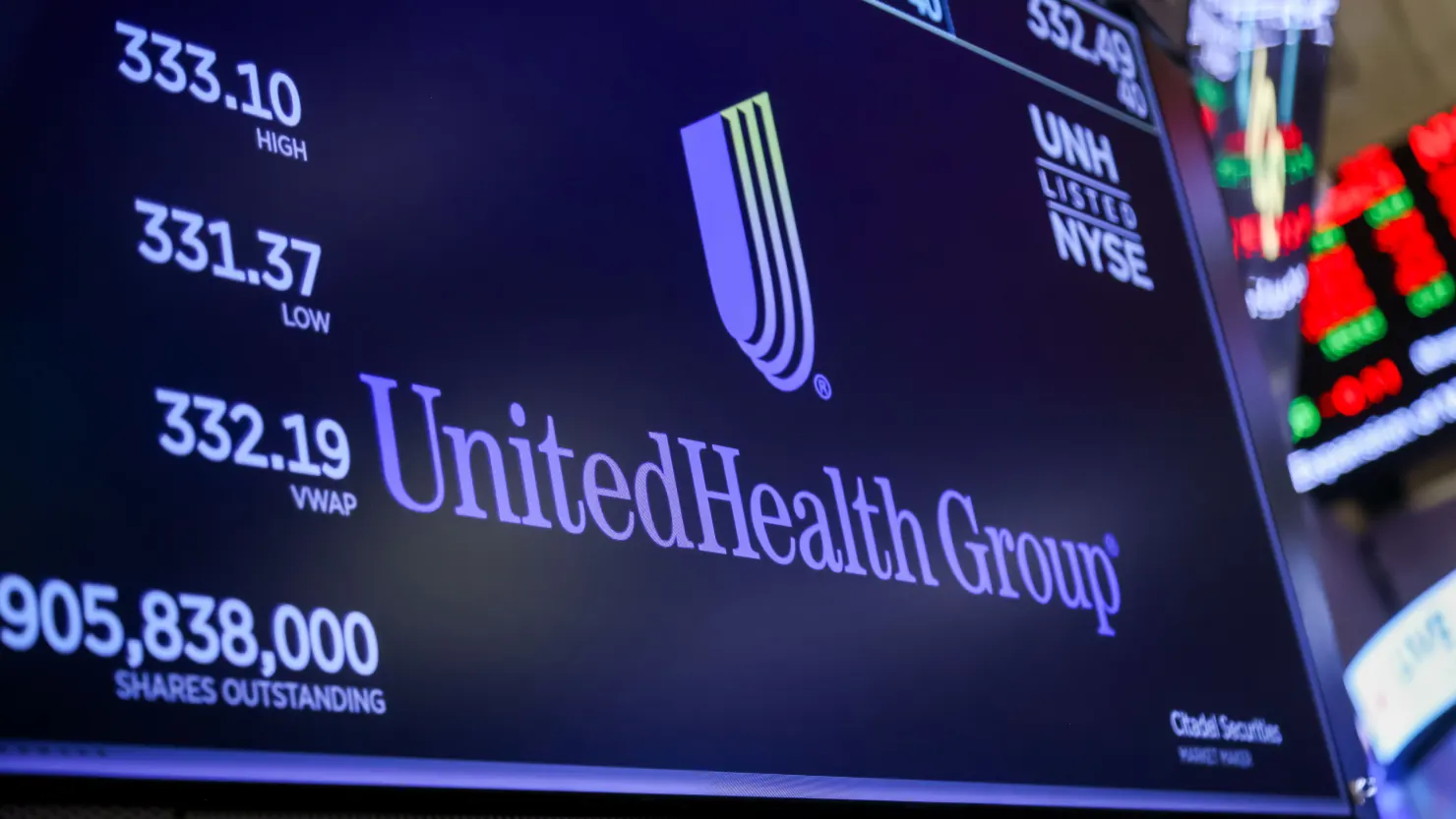
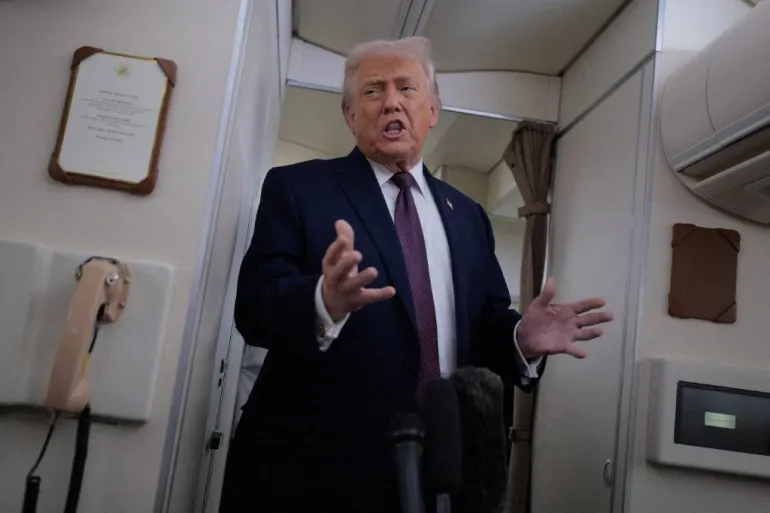
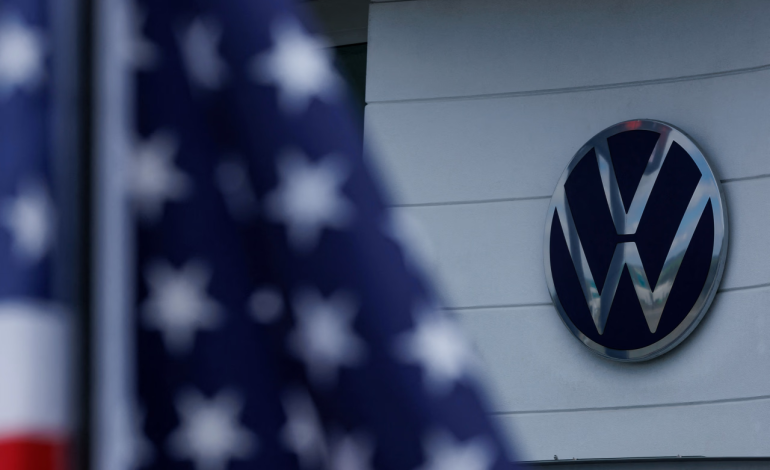




The latest news in your social feeds
Subscribe to our social media platforms to stay tuned